Contents
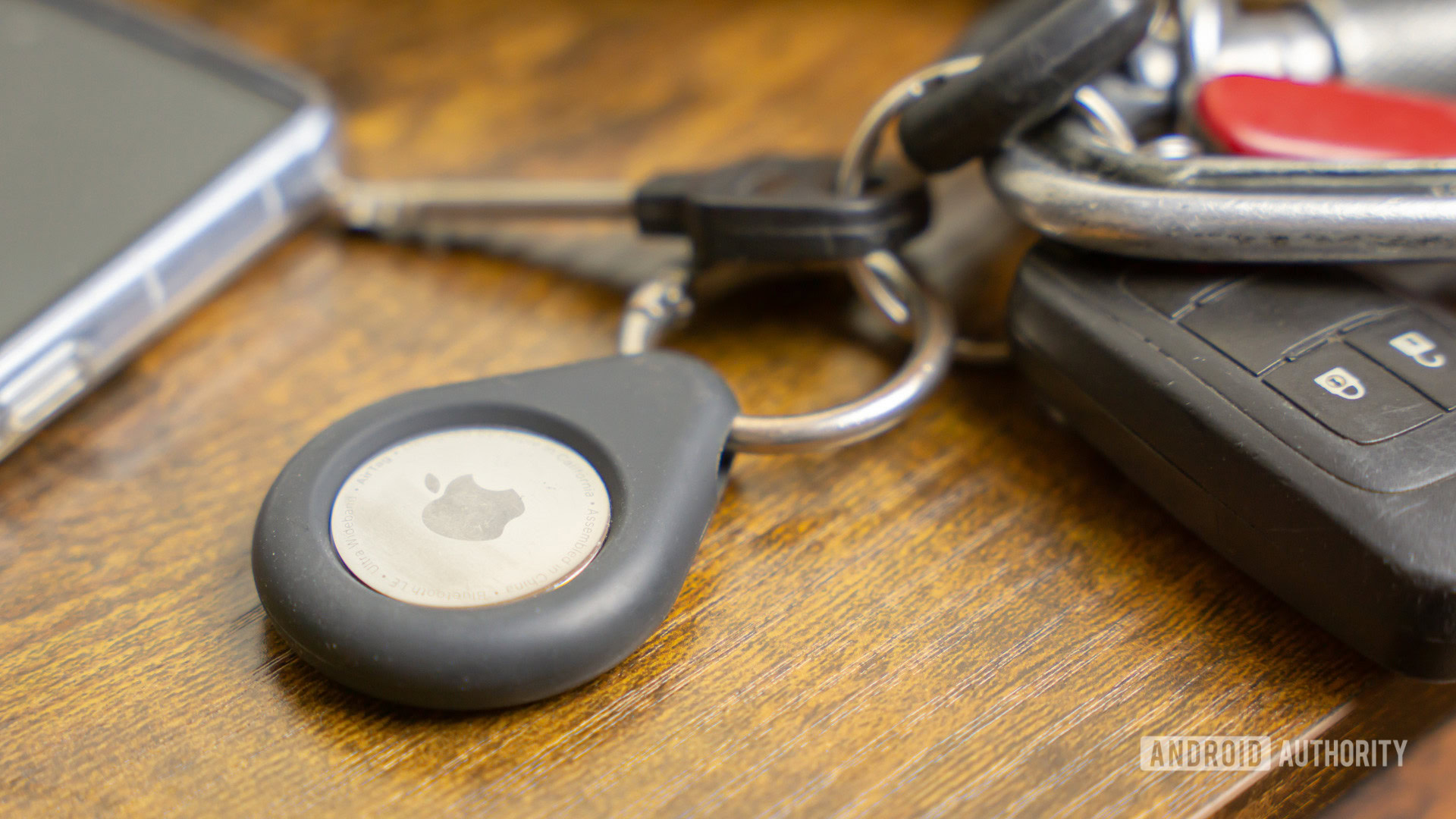
Edgar Cervantes / Android Authority
I love my Airtags — they’ve saved me from countless lost-and-found headaches and are a constant companion for everything from my house keys to my car keys, backpack, and even my vape. The precise location tracking, loud ringers, and seamless integration with the iPhone’s Find My network have made them indispensable for keeping track of all my essentials. They’re one of those little tech upgrades that make you wonder how you ever managed without them.
But like most things in tech, smart tags are a double-edged sword. While they’ve added convenience to my life, lately, my Airtags have also become a source of constant irritation. Android’s unknown tag alert system — introduced to help prevent unwanted tracking — has ensured that there’s rarely a day when I’m not bombarded by notifications about “unknown” trackers.
Airtags are indispensable, but constant alerts make them as frustrating as they are helpful.
Now, don’t get me wrong: I understand the importance of these alerts. They’re a necessary safeguard against the misuse of tracking devices for stalking or other nefarious purposes. If a little annoyance is the price for enhanced security, I’m okay with it. But there’s a difference between a well-implemented security feature and one that becomes a daily nuisance, and unfortunately, this falls into the latter category.
Are you getting spammed by tracker notification alerts?
5 votes
The problem with persistent alerts
I live in a multi-platform household and use both Android and iOS devices. And for the past few months, every time I step out of my home — with my house keys equipped with an Airtag — or even return, my Android phone pings me with alerts about an “unknown tracker detected nearby.” It’s not just limited to my own devices either; if I’m traveling with a friend or family member who carries an Airtag, my phone immediately assumes I might be under surveillance.
Take a recent instance when I borrowed my wife’s keys for an errand. Her keychain, like mine, has an Airtag attached. Within a few minutes of stepping outside the house, my phone lit up with warnings about an unfamiliar tracker following me.
I’m glad that the system works as promised, but there needs to be more control.
Ironically, the tracker was just doing its job — staying with the keys — but I had to put up with repeated alerts for the entire duration of my trip. There’s currently no way, easy or complicated, to whitelist these tags as “safe,” so the system keeps spamming me with notifications.
This issue isn’t limited to people like me who dual-wield platforms. Imagine a family with multiple devices across Apple and Android ecosystems. A misplaced key or a tracker attached to a child’s backpack could turn an otherwise smart security feature into an annoyance for anyone nearby.
Alert fatigue is the real risk
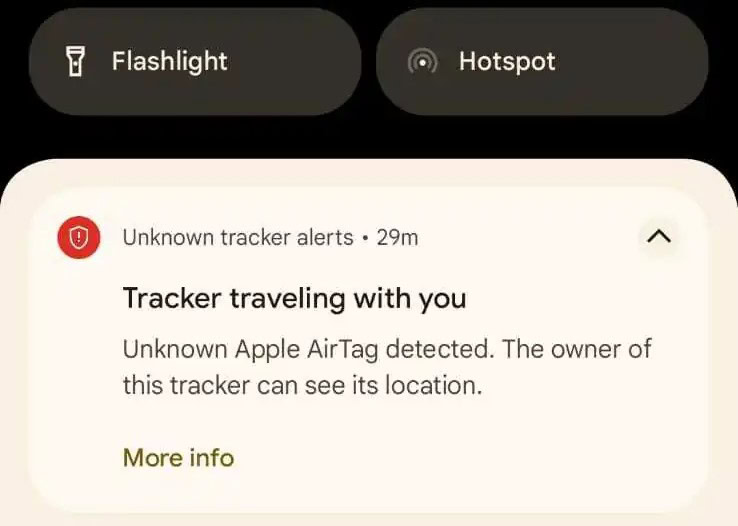
Rita El Khoury / Android Authority
What concerns me even more than the persistent pings is the potential for alert fatigue. Over time, I’ve become so used to dismissing these notifications for my own devices that I barely glance at them anymore. If, in some unlikely but possible scenario, someone did try to slip an Airtag into my bag or car, I might dismiss the alert without a second thought.
I’ve already started dismissing tracker alerts, and if the tracker spam continues, it’s likely I’d dismiss a genuine alert.
This defeats the entire purpose of the system. What starts as a feature meant to ensure safety ends up undermining itself by overwhelming users. If people don’t trust these notifications — or worse, start ignoring them entirely — they become meaningless.
What’s the fix?
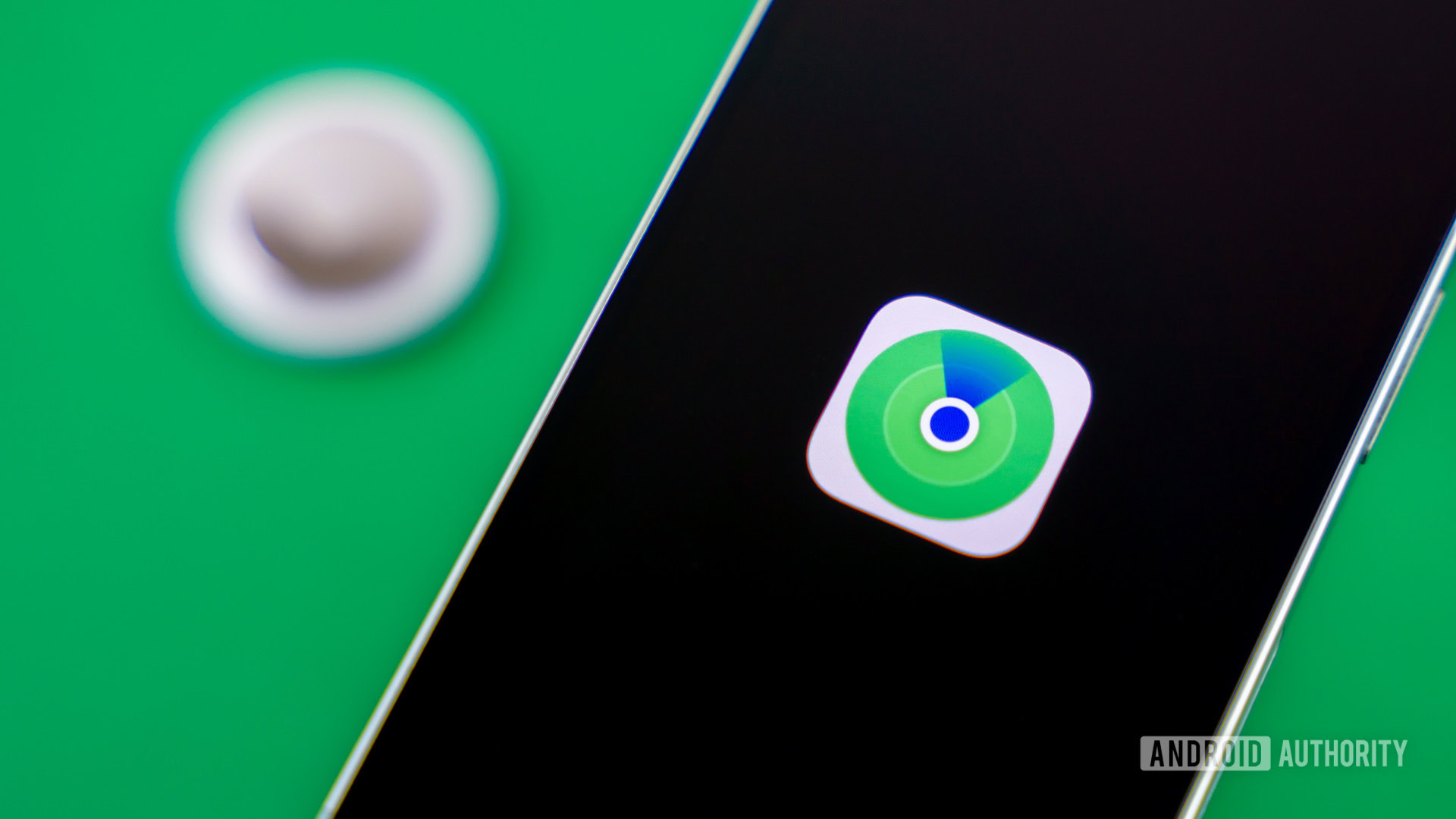
Edgar Cervantes / Android Authority
The solution to this problem doesn’t have to be complicated. All it really needs is the ability to mark certain tags as “safe.” Whether you call it whitelisting or known devices, the idea is simple: allow users to designate trackers they know and trust to avoid unnecessary notifications.
For example, if I frequently carry my partner’s keys or borrow a bag from a friend, I should be able to approve their Airtags on my device. This could work via a prompt when an alert appears, asking if the tag is safe and letting you confirm it—possibly even with additional layers of authentication, like confirmation from the tracker’s owner.
The ability to white list trackers is an essential feature that should’ve been available at launch.
Neither Android nor iOS currently offers this feature, but it seems like an obvious next step for both platforms. After all, they’ve already collaborated on a shared specification for tracker alerts. Extending this functionality to include whitelisting would go a long way toward reducing unnecessary interruptions without compromising security.
Of course, any system that allows whitelisting needs safeguards to prevent misuse. For instance, there could be a time limit for how long a tracker remains whitelisted, requiring periodic reauthorization. Alternatively, the tag’s owner could retain control, ensuring that only approved devices can whitelist their tracker.
This isn’t just a problem for Apple and Google to solve individually — it’s a shared challenge that affects millions of users across both ecosystems. By working together to refine their tracker alert systems, they can strike a better balance between security and usability.
A better, and more secure, experience for everyone
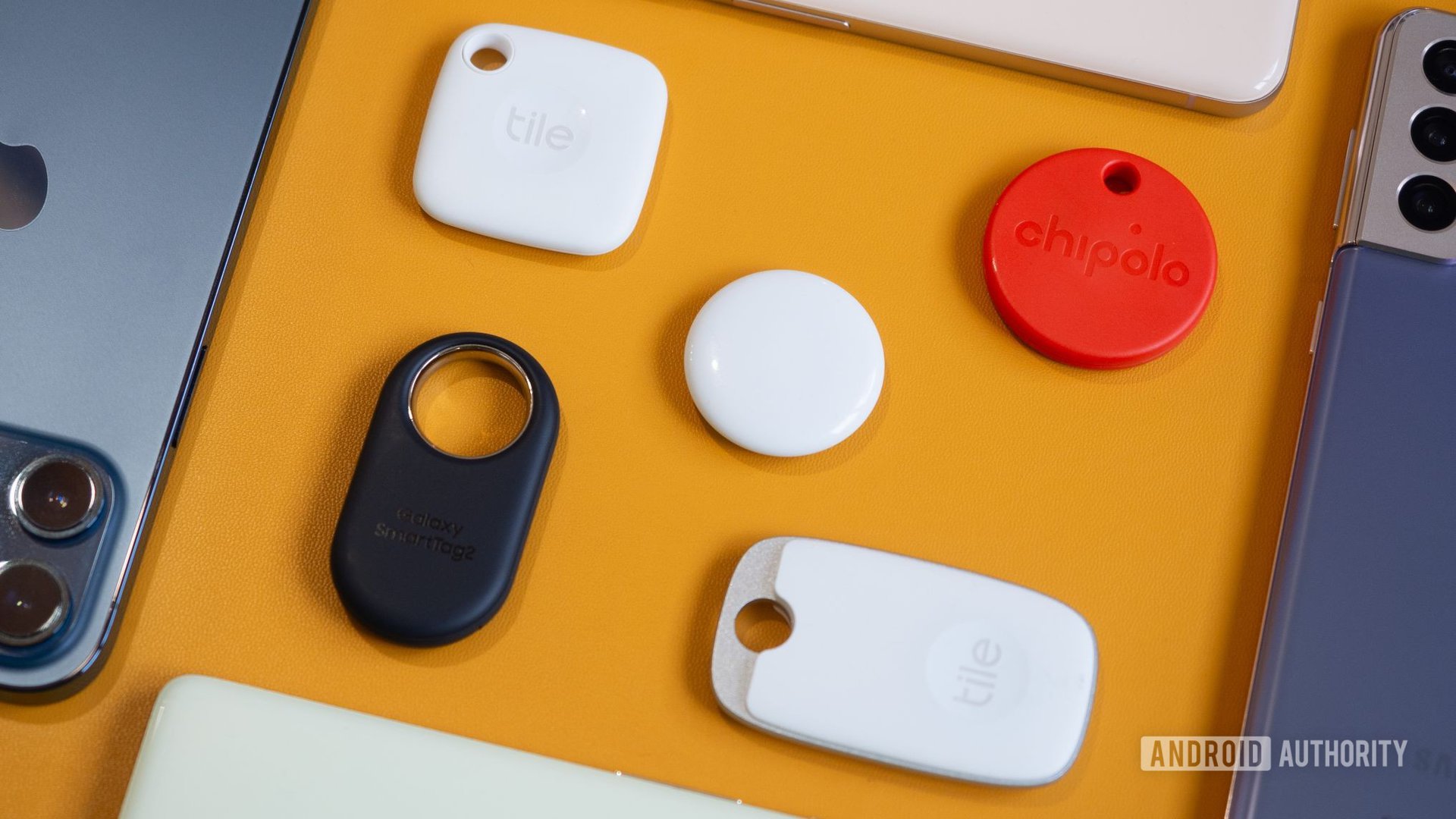
Rita El Khoury / Android Authority
Smart tags like Airtags have brought significant convenience to our lives, but their growing ubiquity demands smarter solutions for how we interact with them. The current alert systems, while well-intentioned, are too lacking in features for the complexities of modern multi-device households. With a little fine-tuning — starting with the ability to whitelist trusted trackers — Apple and Google can make these systems both safer and more user-friendly.
Until then, I’ll keep dismissing the notifications, hoping I don’t miss the one that really matters.
What’s your reaction?
Love0
Sad0
Happy0
Sleepy0
Angry0
Dead0
Wink0



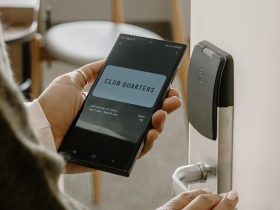


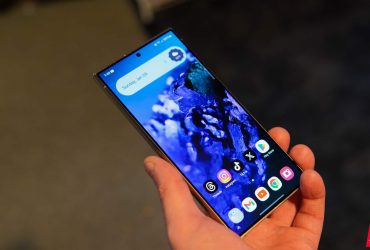


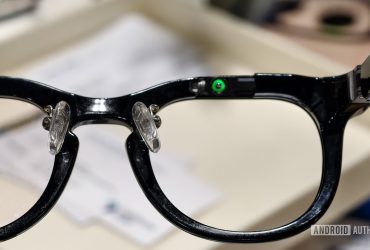
Leave a Reply
View Comments